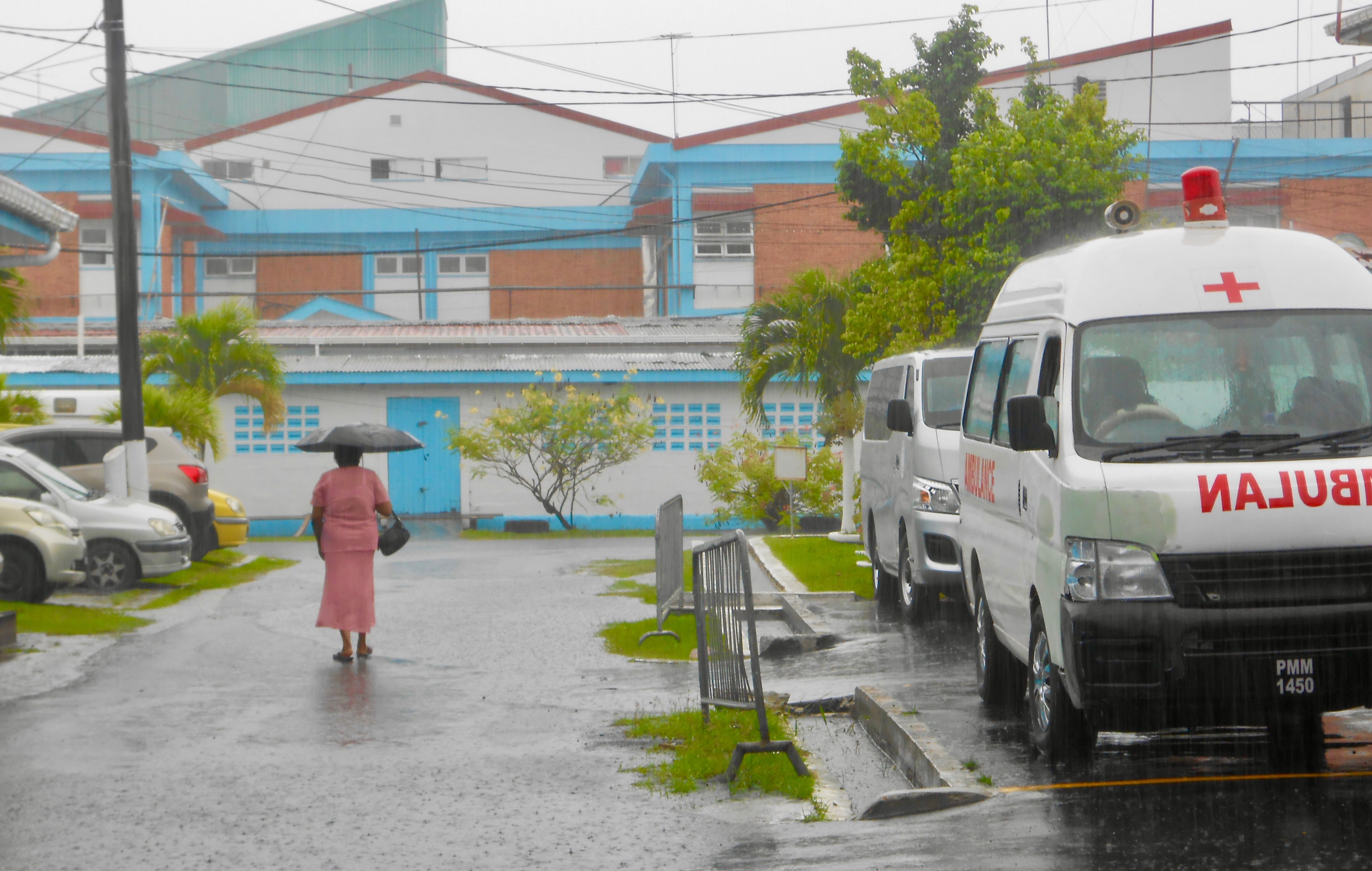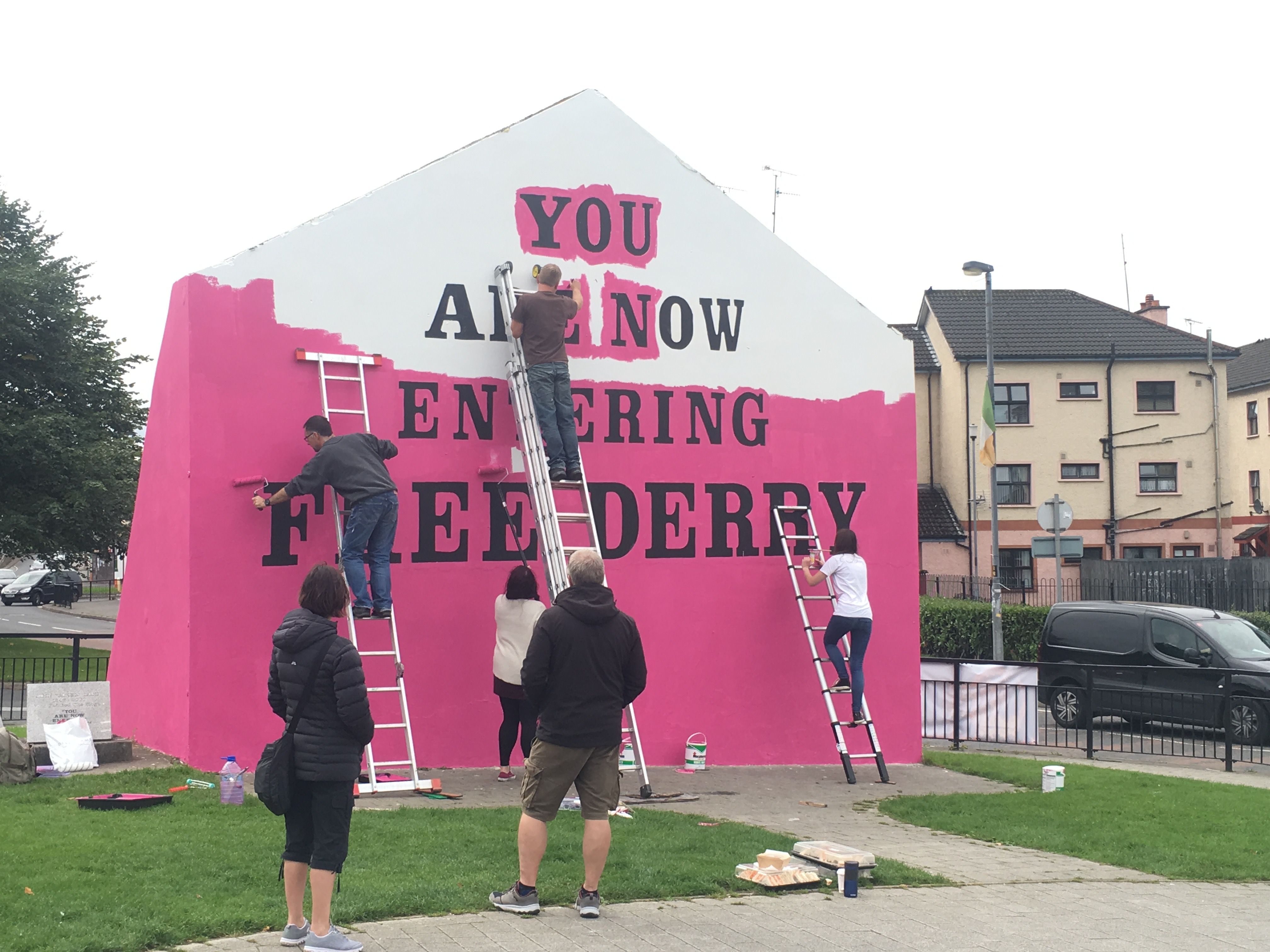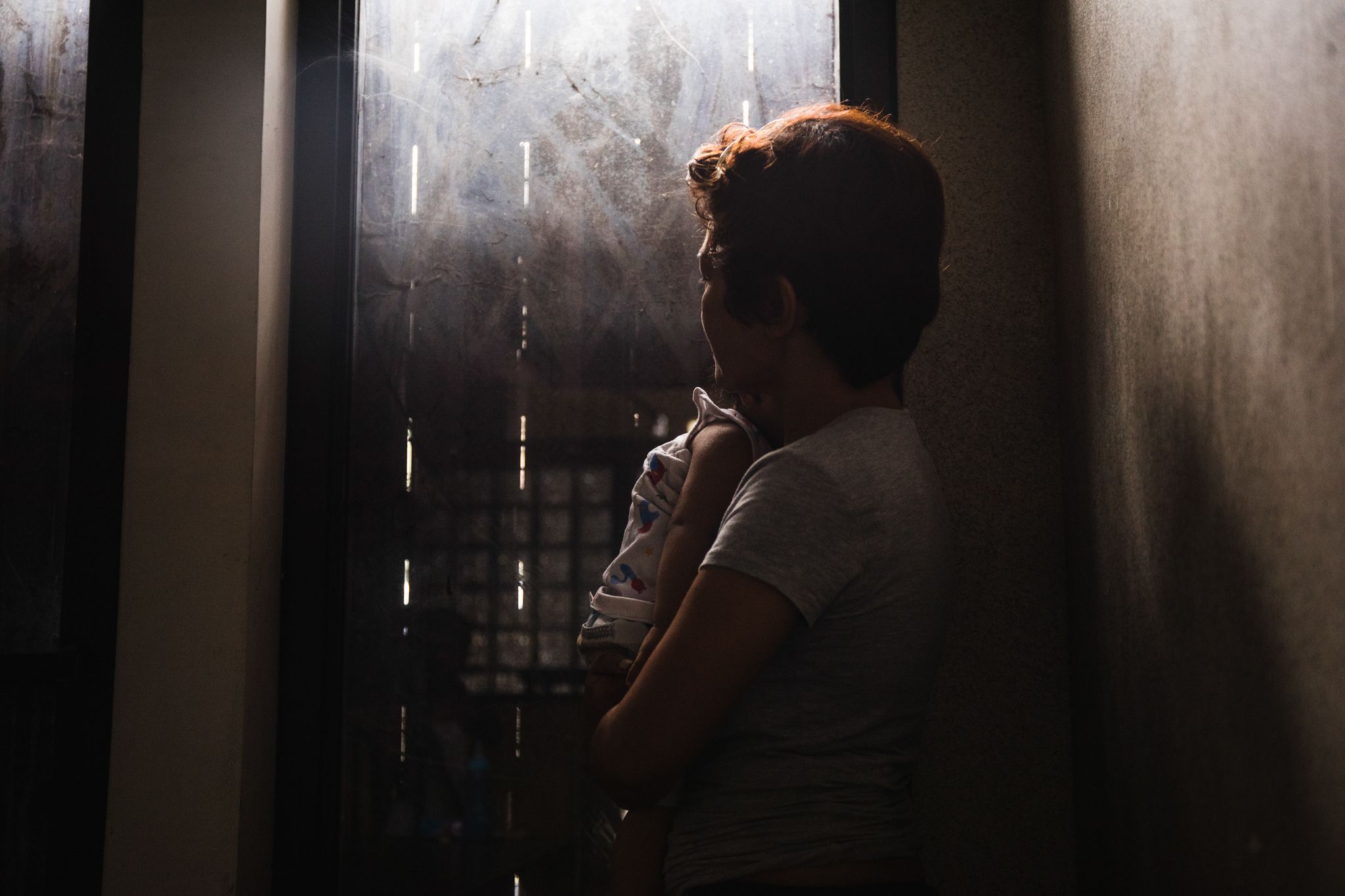May is Mental Health Awareness Month—a time to underscore the importance of mental health and call on communities to prioritize mental health resources and accessibility.
Historically stigmatized, mental health today is still eclipsed by its physical counterpart—bodily injuries and illnesses that receive more research, funding, and empathetic understanding. Fortunately, this is beginning to change with the advent of a new generation.
Indeed, a 2015 study by American University found that Millennials are more accepting of those with mental illnesses and more likely to talk about mental health than their parents or grandparents.
This notion holds true with a look at our Pulitzer Center student fellow reporting. As May draws to a close, we highlight several stories by Pulitzer Center student fellows touching on mental health issues around the world:
Madeline Bishop from Boston University’s School of Public Health and William Campbell Rawlins from Boston University’s College of Communication traveled to South America in 2017 to conduct their project, “Mental Health and the Cycle of Violence in Guyana.” Bishop and Campbell examined the social and historical drivers of depression and other mental health ailments in Guyana, a country the World Health Organization reported as having the highest suicide rate in the world in 2014. The student fellow team found that the alarmingly high suicide rates resulted from a cocktail of social isolation and poverty, mental health stigmatization, interpersonal violence, and a history of indentured servitude that created brutal social hierarchies.
Student fellows have also reported on the mental health implications of war and trauma. In her project, “Writing to Reconcile,” Sarah Hoenicke, a graduate student at UC Berkeley, traveled to Sri Lanka to report on how individuals use narrative to heal ethnic conflict and ease mental strife. Sri Lankans endured nearly 30 years of civil war, and today they still reckon with the mental health consequences of the conflict.
Julia Canney of the College of William and Mary reported on women in Northern Ireland. Twenty years after the Good Friday Agreement, women play critical roles in ongoing peacekeeping—with a high cost to their mental health. Suicide is at epidemic levels in Northern Ireland, along with high rates of domestic violence.
Pat Nabong of Northwestern University Medill investigated the mental health implications of President Rodrigo Duterte’s war on drugs for low-income communities in the Philippines, where thousands have been killed for suspected drug use or dealing, and where barriers to mental health resources remain formidable.
Throughout 2019, Pulitzer Center student fellows will continue the important work of shedding light on underreported mental health issues around the world.
McGill University fellow Olivia Norrmén Smith will examine mental health and epigenetics—the environment’s influence on heritable gene expression—in Cambodia, where a disproportionate percentage of the population suffers from trauma attributed to the Khmer Rouge.
University of Pennsylvania fellow Samidha Sane will report from Morocco, where virginity “tests” are common and often lead to the ostracization of women and girls.
Hunter College’s Audrey Henson will report on a creative solution to the mental health challenges of dementia and Alzheimers. Japan is creating “dementia villages,” or specialized communities where local residents are trained by Alzheimer and Dementia associations to aid the elderly who suffer from cognitive impairments.
Click here to learn more about our upcoming 2019 student reporting projects. Student fellows hail from the diverse network of universities, graduate schools, and community colleges that make up the Pulitzer Center Campus Consortium.







